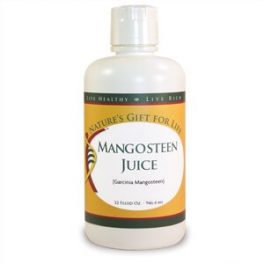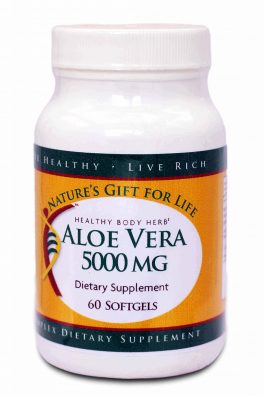Gastritis
DOCTORS RECOMMENDED PRODUCTS
Gastritis
Gastritis, also known as inflammation, irritation, or erosion of the lining of the stomach. It can dyspepsia, is an be “acute,” involving short attacks of indigestion, or it can be a chronic state of inflammation and ongoing digestive problems. Gastritis or dyspepsia can be conditions by themselves or symptoms of a more serious disorder of the stomach, small intestine, or large intestine. If the inflammation is prolonged, either atrophic gastritis (a condition in which the glands of the stomach lining disappear) or an ulcer may develop.
Read More...
With proper treatment, gastritis improves quickly and causes no long-term problems. Gastritis is often caused by irritation due to excessive alcohol use, stress, bacterial infection, extended illness, bile reflux, chronic vomiting, autoimmune disorders, or age-related degeneration of the stomach lining.
The condition can also be caused or aggravated by extended use of SAID medications and aspirin. Symptoms of gastritis vary from person to person, but the most common signs include nausea, abdominal bloating, abdominal pain, vomiting, indigestion, hiccups, loss of appetite, dark colored stool, and vomiting blood.
Overcoming Gastritis Naturally
Gastritis is typically a mild condition, which can be easily remedied. But, it is a long and debilitating illness for some people. If not dealt with properly, it can lead to ulceration of the stomach or, in rare cases, cancer of the stomach—extreme, but avoidable, complications.
Arming yourself with the knowledge about gastritis will empower you to deal with the condition better. Natural anti-inflammatory supplements effectively promote healing by reducing inflammation and pain, killing H. pylori, and maintaining healthy stomach acid production and digestion. Ironically, medications used to control inflammation in other
parts of the body are often responsible for gastritis.
Non-steroidal anti-inflammatory drugs (NSAIDS) have a long history of irritating the stomach and portions of the gastrointestinal tract. Most people today are severely lacking in essential vitamins, minerals, and nutrients that the body needs to maintain all areas of their bodies at healthy levels. The right nutrition and lifestyle and the introduction of vitamin and mineral supplements into your daily regime can help repair the damage and benefit your body enormously.
Healthy Things You Can Do
• Eat a well-balanced diet with plenty of fiber rich foods.
• Limit intake of lentils, beans, peanuts, and soybeans.
• Avoid dairy products, bakery products, junk foods and processed foods, alcohol, tobacco, acidic beverages such as coffee (both caffeinated and decaffeinated), carbonated beverages, and fruit juices with citric acid.
• Discontinue use of NSAIDS such as ibuprofen and aspirin.
• Avoid foods high in animal fat.
• Chew food thoroughly, and do not eat when upset or overtired.
• Do not drink liquids when eating.
• Eat cabbage, or drink fresh cabbage juice daily, starting with a small amount and gradually increasing to a glass; combine with carrot juice for a pleasant taste.
• Eat ginger, which has been historically used to aid digestion, treat stomach upset and nausea, and reduce inflammation.
• Take steps to reduce lifestyle stress, and learn to process stress in healthy ways (breathing and relaxation exercises, meditation, etc.).


